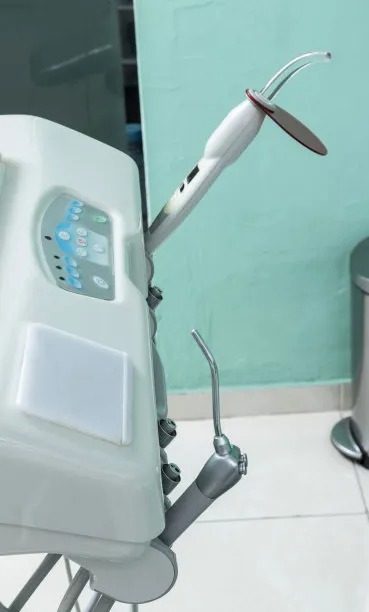Essential Precautions to Take Before and After Receiving a Dental Filling for Optimal Oral Health
Summary: Receiving a dental filling is a common yet important procedure for maintaining optimal oral health. To ensure a smooth experience and successful outcome, patients should take essential precautions both before and after the treatment. This article explores four critical aspects: understanding the procedure, managing anxiety and discomfort, practicing good oral hygiene, and following post-treatment care. By adhering to these guidelines, individuals can enhance their dental health and ensure their fillings last longer, leading to healthier teeth and gums in the long run.
1. Understanding the Dental Filling Procedure

Before undergoing a dental filling, it is crucial to understand what the procedure entails. Dental fillings are necessary to restore the function and integrity of a tooth affected by decay or damage. Knowledge about the types of materials used, like composite resins or amalgam, can aid in making informed decisions when discussing options with your dentist.
Patients should take the time to ask their dentist any questions regarding the procedure. Understanding the steps involved, such as the numbing process and the actual filling application, helps to alleviate anxiety. Being aware that the procedure usually takes less than an hour can also help set expectations.
Furthermore, knowing that dental fillings are routine procedures can provide comfort. Dentists perform thousands of fillings yearly, ensuring that patients are in capable hands. Familiarity with the procedure can lead to a more relaxed visit and a better overall experience.
2. Managing Anxiety and Discomfort Effectively
Dental anxiety is a common issue faced by many patients. One way to manage this anxiety is to practice relaxation techniques such as deep breathing or visualization before the appointment. Creating a mental picture of a calm and pleasant setting can help ease tension.
Additionally, communicating openly with your dentist about any fears or concerns is vital. Many dental professionals have strategies to help anxious patients, including sedation options that can minimize discomfort and anxiety during the procedure.
Utilizing distractions during the procedure, such as listening to music or podcasts, can also mitigate discomfort or anxiety. Bring your headphones, and let your dentist know your preferences, enabling a more pleasant experience while taking your mind off the treatment.
3. Practicing Good Oral Hygiene before Filling
Before receiving a dental filling, maintaining good oral hygiene becomes even more essential. Regular brushing and flossing can help keep your mouth clean and reduce the risk of further decay in the affected tooth. Ensure to brush at least twice daily and floss regularly, focusing on the areas around the tooth requiring treatment.
Using an antibacterial mouthwash can also enhance oral hygiene. Rinsing with mouthwash helps eliminate bacteria and creates a cleaner environment for the dentist to work in, which can promote a smoother procedure.
Additionally, a dental check-up before the filling can ensure that any other potential issues are addressed. This preventive measure enables your dentist to provide a comprehensive treatment plan, ensuring optimal oral health both before and after your filling.
4. Following Proper Post-Treatment Care
After receiving a dental filling, it is important to follow specific care guidelines to enhance recovery. Avoid eating for at least two hours after the procedure, especially if anesthesia was used. Your mouth may still be numb, which increases the risk of biting your tongue or cheek.
When resuming eating, stick to soft foods initially and avoid sticky or hard items that may dislodge or damage the filling. It’s also advisable to avoid hot beverages for the first 24 hours, as sensitivity may occur.
Maintaining oral hygiene after the procedure continues to be vital. Gently brush and floss as advised by your dentist, but be cautious around the filled area in the initial days. Reporting any persistent discomfort or issues to your dentist ensures that proper care is taken, maintaining the longevity of the filling.
Summary:
In conclusion, understanding the dental filling procedure, managing anxiety, practicing good oral hygiene, and following proper post-treatment care are all crucial for optimal oral health. Preparing adequately for your dental appointment contributes significantly to a successful outcome and long-lasting results.
This article is compiled by Vickong Dental and the content is for reference only.



